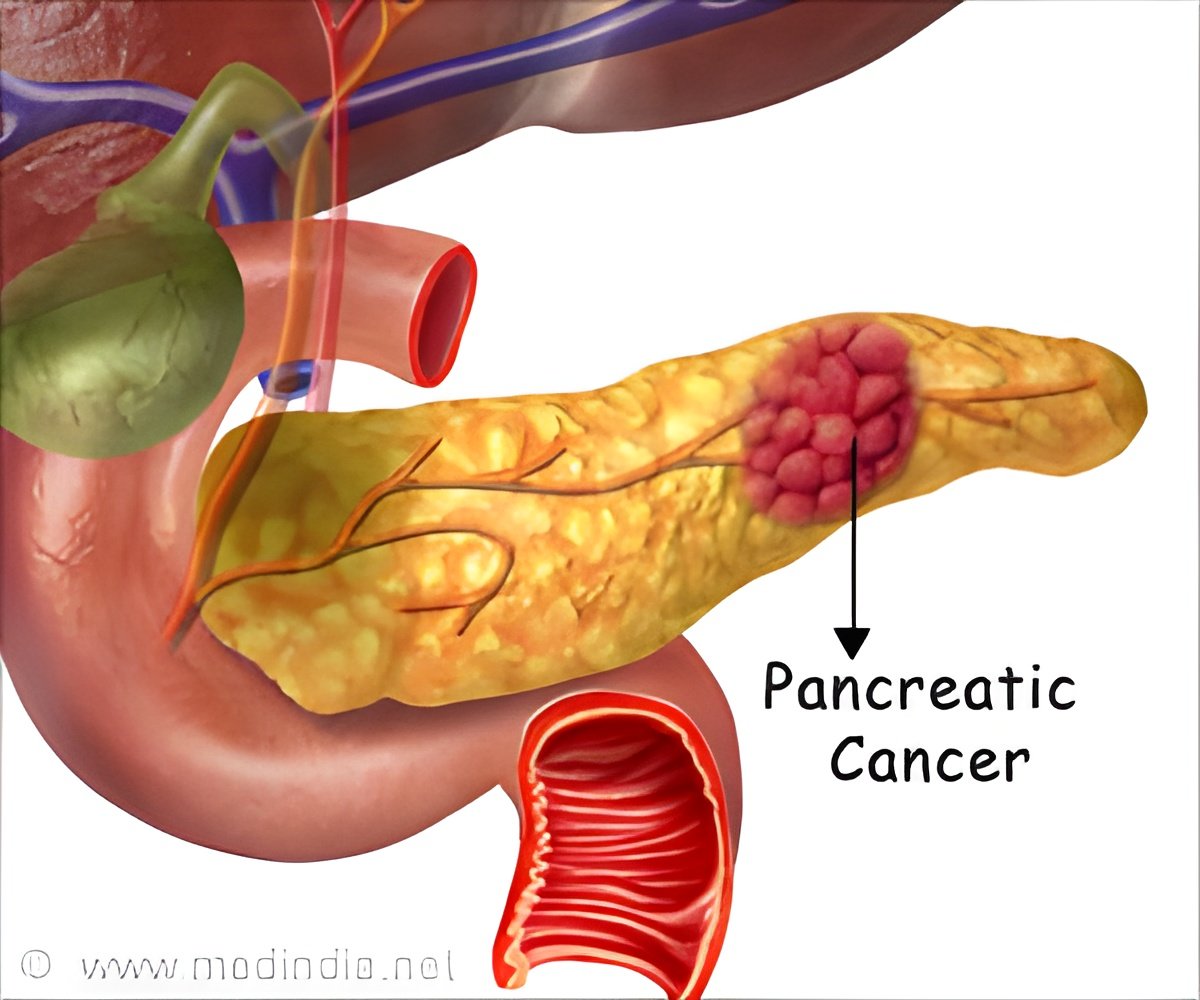Therapeutic gene therapy using non-integrating lentiviral vectors could inhibit the proliferation of pancreatic cancer cells when combined with chemotherapy.

‘Pancreatic cancer remains one of the most dreaded diagnoses a patient can receive, and gene therapy offers hope when no other options may exist.’





The article, "Initial Characterization of Integrase-Defective Lentiviral Vectors for Pancreatic Cancer Gene Therapy," is part of a special issue of Human Gene Therapy focusing on advances in gene and cell therapy research in France, led by Guest Editors Nathalie Cartier, MD, Director of Research, INSERM, Paris, and President, European Society of Gene and Cell Therapy (ESGCT), and Pierre Cordelier, PhD, Senior Researcher, INSERM, Toulouse, France, and President, French Society of Cell and Gene Therapy (SFTCG). The special issue will be distributed at the SFTCG meeting, March 9-11, Marseilles, France. Naima Hanoun, Marion Gayral, Adeline Pointreau, Louis Buscail, and Pierre Cordelier, INSERM (Toulouse), Université Toulouse III-Paul Sabatier, and CHU Toulouse-Rangueil, demonstrate that an integrase-deficient lentiviral vector can deliver the gene that encodes for DCK protein to pancreatic adenocarcinoma-derived cells in the laboratory with high efficacy. These cells are typically very resistant to gene transfer. The researchers previously showed early evidence that therapeutic gene therapy using non-integrating lentiviral vectors could inhibit the proliferation of pancreatic cancer cells when combined with chemotherapy.
"Pancreatic cancer remains one of the most dreaded diagnoses a patient can receive," says Editor-in-Chief Terence R. Flotte, MD, Celia and Isaac Haidak Professor of Medical Edu-cation and Dean, Provost, and Executive Deputy Chancellor, University of Massachusetts Medical School, Worcester, MA. Gene therapy offers hope when no other options may exist.
Source-Eurekalert














